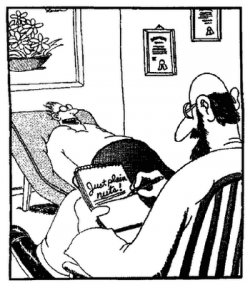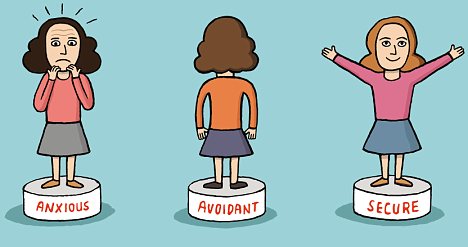Finding a therapist with whom you “click” is not an easy endeavour. Thanks to Megan Sutherland of Willow Tree Counselling in Vancouver, for her article which I’ve copied here with her permission.
Choosing Counselling
The decision to enter therapy often comes at a time of crisis: either something significant has occurred in your life to bring you to the point of seeking help, or a number of things have been building up, culminating in a burden you can no longer ignore. For others counselling provides hope in answering life’s questions which may have gently, but persistently been seeking attention.
Choosing a Therapist – Key Questions
One has made the commitment to counselling. How does one choose a therapist? Factors which influence this decision, in no particular order, include:
- The issue(s) at hand – Does the therapist have experience with my particular problems?
- The Qualifications of the Therapist – What is the counsellors training? Did they attend an accredited program of study? Do they belong to a registered professional body?
- The Therapist’s Experience – How long has the counsellor been practising? What is the counsellor’s work history?
- The Therapist’s Approach – What counselling methods does the therapist use to help me with my problems?
- Measuring Effectiveness – How will I know that therapy is working? What does the therapist do to keep track of this?
- Cost – Is the cost of therapy within my budget? Is sliding scale available? Is the cost in line with guidelines set out by the therapist’s professional association? If I have extended health, is the cost of my therapy covered?
- The Therapist’s Personality – On the most basic level: could I get along with this person? Is the therapist someone I could feel comfortable with? Someone who is accepting of me?
- The Therapist’s Beliefs About Change – What is the counsellor’s theory of how change occurs? Are these beliefs in line with mine?
- The Therapist’s Gender – This is a good question to think about. While some may consider this irrelevant, others feel more comfortable with one gender over the other. For some, this decision may be influenced by earlier life experiences.
- The Therapist’s Age – While important for some, others regard it as a non-issue.
- The Therapist’s Location – Is it convenient to my home or work? Is there parking available? Transit service?
Choosing a Therapist – Key Points
- The terms “therapist” and “counsellor” are not regulated; anyone can use these titles. Choose a therapist who is a member of a professional college or regulatory body. In British Columbia, look for Registered Social Workers (RSW), Registered Clinical Social Workers (RCSW), Registered Psychologists (R.Psych) or Registered Clinical Counsellors (RCC). These are the most common professional designations; other legitimate options are available, but investigate thoroughly!
- A therapist with experience has had time to develop his or her professional skills and has hopefully worked under clinical supervision for some years before beginning a private practice. If you are working with a counselling student or new grad, ensure that they are receiving clinical supervision on a regular basis.
- The therapist’s education is important. Look for someone with a minimum of a master’s degree in social work or counselling psychology. Those that are psychologists have PhDs.
- Research shows repeatedly that the most important factor in successful therapy is not the therapist’s technique but rather the therapeutic fit. Is there a good rapport between you and your therapist? Do you feel respected? Do you respect the therapist? Do you like the therapist as a person? .
- Studies also demonstrate that it is critical that you and the therapist see eye to eye when it comes to your goals, your beliefs about change and the methods for making change happen. When therapists and clients are at odds about the plan for change, clients are more likely to drop out of counselling and never return to see that therapist. Sometimes the client gets turned off of therapy entirely, saying “it’s not for me.”
- Trust your guts – speak to the counsellor first over the telephone rather than simply booking online. Ask questions. What is your general feeling after speaking with the therapist? Feeling nervous or apprehensive is normal yet was the counsellor able to allay some of your concerns about the counselling process or answer some of your questions?
- Remember the BMW Rule – As a wise monk once said, steer away from anyone who asks you for your body, unreasonable amounts of money or your will. Therapy should be a collaborative, non-pathologizing journey.



